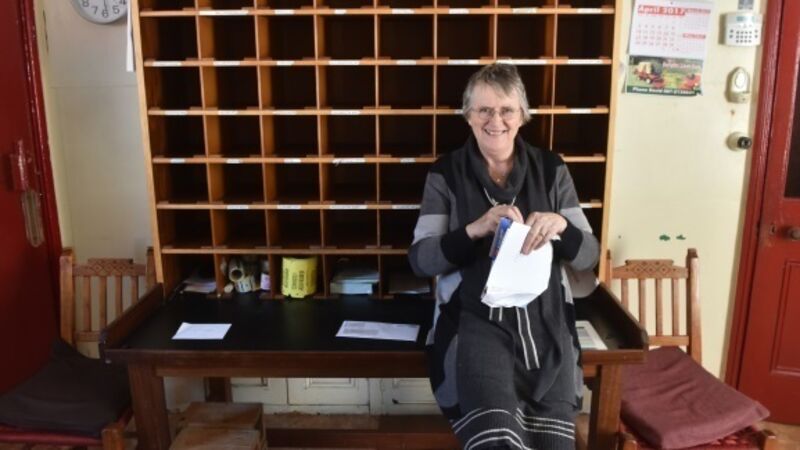Mon, 10 Apr, 2017 - 01:00
Mick Clifford
‘Our post office is more than a business, it’s a kind of social service’
Already a subscriber? Sign in
You have reached your article limit.
Subscribe to access all of the Irish Examiner.
Annual €130 €80
Best value
Monthly €12€6 / month
Introductory offers for new customers. Annual billed once for first year. Renews at €130. Monthly initial discount (first 3 months) billed monthly, then €12 a month. Ts&Cs apply.
CONNECT WITH US TODAY
Be the first to know the latest news and updates
CourtsPostal disputeAn Postpostal serviceRural IrelandnewmarketMallowPlace: IrelandPlace: NewmarketPlace: north CorkPlace: BotherbuePlace: KnocknagreePlace: MillstreetPlace: BallydesmondPlace: RockchapelPlace: CorkPlace: LimerickPlace: MeelinPlace: KilbrinPlace: FreemountPlace: DernagreePlace: TowerPlace: KnocknareePerson: Michael CliffordPerson: Marian MurphyPerson: MurphyOrganisation: Newmarket Post OfficeOrganisation: An PostOrganisation: Munster Joinery














